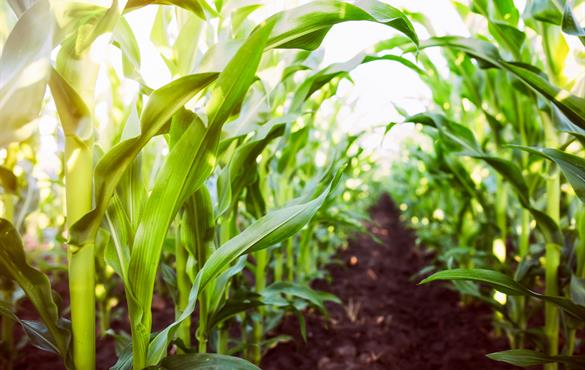WashU computer scientists to study environment’s effect on plants
McKelvey Engineering computer scientists are teaming with plant scientists at the Donald Danforth Plant Science Center to determine the effects of environmental challenges on plants

Due to increasing atmospheric carbon dioxide levels over the past few decades, temperatures are rising and more extreme climate events are happening more frequently. A team of researchers at the Donald Danforth Plant Science Center and Washington University in St. Louis wanted to know if these environmental challenges affect plants, and if so, how?
With a nearly $500,000 grant from the National Science Foundation, Ayan Chakrabarti, assistant professor of computer science & engineering, and Tao Ju, professor of computer science & engineering in the McKelvey School of Engineering at Washington University in St. Louis, will use their expertise in machine-learning tools and computer vision as part of a four-year, $3 million project with R. Keith Slotkin and his team at the Donald Danforth Plant Science Center (DDPSC).
Slotkin and his team will collect data from six plants, including rice and tomatoes, a model legume and model grass, and a moss. To determine the consequences of these environmental challenges on plants, they will grow plants at the current atmospheric carbon dioxide (CO2) level of 400 parts per million (ppm). Then, they will grow the plants at 700 ppm, which is the level the Intergovernmental Panel of Climate Change expects annual average CO2 levels to reach over the next 80 years, then return them to the atmospheric 400 ppm levels. This experiment will determine how the genes and shape of the plants change.
"The ultimate goal is to have a predictive model where we can provide an idea of how changes in the environment will change the genetic configuration of a plant," Chakrabarti said.
Read the full release from the Donald Danforth Plant Science Center here.




